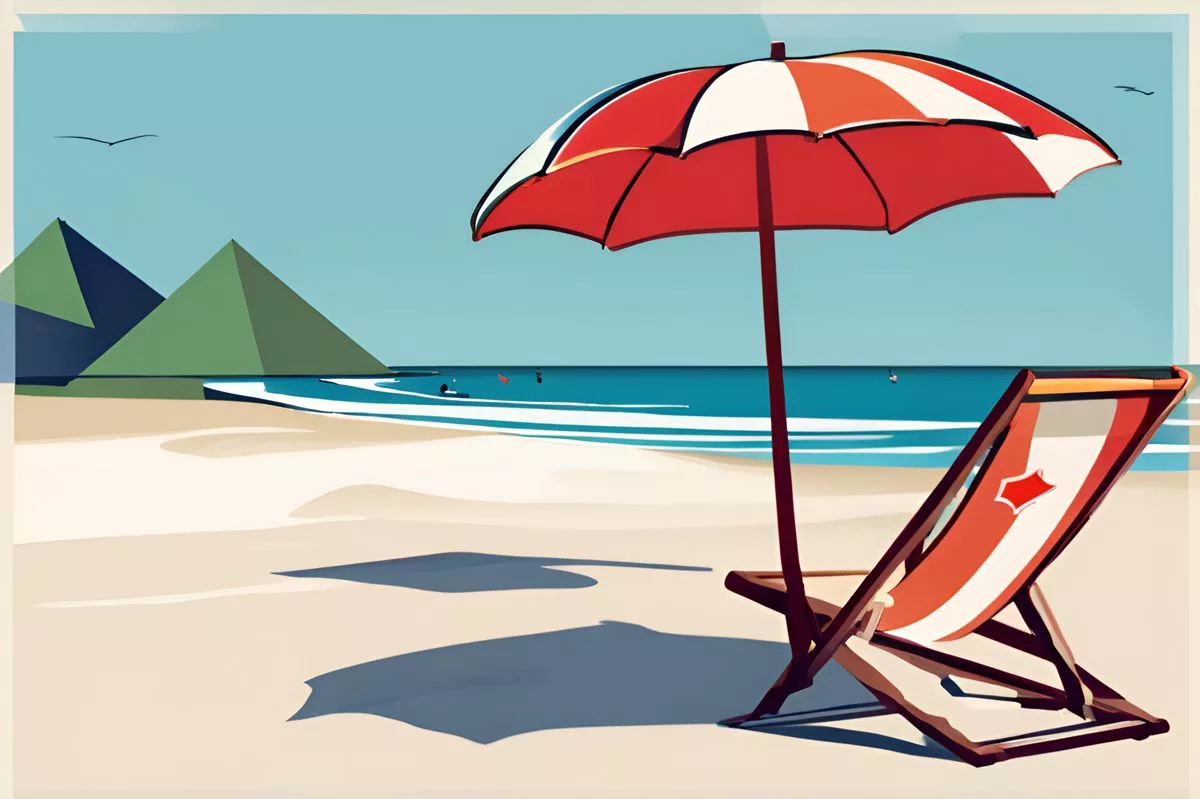The public is being invited to participate in the selection process for South Africa’s next Deputy Public Protector, with the Committee on Justice and Correctional Services welcoming comments on shortlisted candidates until February 23, 2024. The role is of significant importance to ensuring justice in the country, with the selection strategy designed to guarantee the appointment of the best fit for the position. Applicants are required to meet minimum requirements, with the DPP position demanding a significant level of responsibility and an annual remuneration of R1,924,542.
The Hunt for South Africa’s Next Deputy Public Protector: A Call for Public Participation
The Committee on Justice and Correctional Services is inviting the public to be part of the selection process for the next Deputy Public Protector (DPP). The selection strategy is designed to guarantee the appointment of the best fit for the position, with recommendations from the National Assembly greatly impacting the decision. The public is allowed to comment on the shortlisted candidates until 23 February 2024.
An Invitation to Engage in the Selection Process
The Committee on Justice and Correctional Services is inviting the public to be part of the selection process for the next Deputy Public Protector (DPP). The public was implored to partake in this process on 19 February 2024, following the receipt of various applications and nominations for the post that became available the previous year.
Assuring justice in South Africa is greatly reliant on the role of the DPP, thus making the selection process crucial. The selection strategy is designed thoroughly to guarantee the appointment of the best fit for the position. Although the appointment is made by the President, recommendations from the National Assembly greatly impact the decision. This appointment is, however, not permanent. The President establishes the term of service, which is capped at seven years. After the completion of this term, the DPP can be reappointed, but only for one additional term.
Under the stewardship of Chairperson Mr. Bulelani Magwanishe, the committee has received 46 submissions for the position. Among these, two have since been rescinded. The committee has published the exhaustive list of all applicants and nominees on the official Parliament website, aimed at fostering transparency and public trust in the selection process.
Unpacking the Role and Requirements of the DPP
The DPP’s role demands a significant level of responsibility, with an annual remuneration of R1 924 542. The DPP position’s minimum requirements include both professional qualifications and practical experience. The candidate should be a South African national, either an advocate or an attorney with a minimum of ten years of practice. Alternatively, the candidate could be eligible for admission and have at least ten years of experience teaching law at a university.
Candidates with specialized expertise or experience in the administration of justice, public administration, public finance, or those who have served a minimum of ten years as a member of Parliament, are also deemed eligible. The overall suitability of the candidate is further gauged by aggregating these experiences which should total a minimum of ten years.
For applications and nominations for the DPP position, detailed information about the candidate is required. This includes their full name, ID number, gender, contact details, relevant prior work experience, and academic qualifications.
The Selection Process and Public Comment Phase
Following the publication of the list of candidates, the public is allowed to comment. The public commentary phase is a crucial part of the democratic process, giving the public the opportunity to express their opinions on the suitability of each candidate. After this phase, the shortlisted candidates will undergo a meticulous screening process.
The deadline for public comments is set for 23 February 2024. Comments should be sent to Mr. Vhonani Ramaano at Dppvacancy@parliament.gov.za by 16H00. For those interested, the condensed CVs of candidates can be reviewed on the parliamentary website.
This open and transparent approach to the selection of the Deputy Public Protector epitomizes the dedication of the Committee on Justice and Correctional Services to uphold the principles of democracy and justice in South Africa. This process is a significant stride towards ensuring the ongoing administration of justice in the country.
1. What is the role of the Deputy Public Protector in South Africa?
The role of the Deputy Public Protector in South Africa is of significant importance to ensuring justice in the country. The Deputy Public Protector is responsible for investigating complaints against government institutions or officials, and for protecting the public from abuse of power and maladministration.
2. What is the selection process for the Deputy Public Protector?
The selection process for the Deputy Public Protector starts with the submission of applications and nominations. The Committee on Justice and Correctional Services then screens the applicants and nominees, shortlists candidates and publishes their names. The public is allowed to comment on the shortlisted candidates until February 23, 2024. The recommendations from the National Assembly greatly impact the decision, although the appointment is made by the President.
3. What are the minimum requirements to become the Deputy Public Protector?
The candidate for the Deputy Public Protector position should be a South African national, either an advocate or an attorney with a minimum of ten years of practice. Alternatively, the candidate could be eligible for admission and have at least ten years of experience teaching law at a university. Candidates with specialized expertise or experience in the administration of justice, public administration, public finance, or those who have served a minimum of ten years as a member of Parliament, are also deemed eligible.
4. What is the annual remuneration for the Deputy Public Protector position?
The annual remuneration for the Deputy Public Protector position is R1,924,542.
5. How long is the term of service for the Deputy Public Protector?
The term of service for the Deputy Public Protector is established by the President and is capped at seven years. After the completion of this term, the Deputy Public Protector can be reappointed, but only for one additional term.
6. How can the public participate in the selection process for the Deputy Public Protector?
The public can participate in the selection process for the Deputy Public Protector by commenting on the shortlisted candidates until February 23, 2024. Comments should be sent to Mr. Vhonani Ramaano at Dppvacancy@parliament.gov.za by 16H00. The condensed CVs of candidates can be reviewed on the parliamentary website for those interested in learning more about the candidates.












